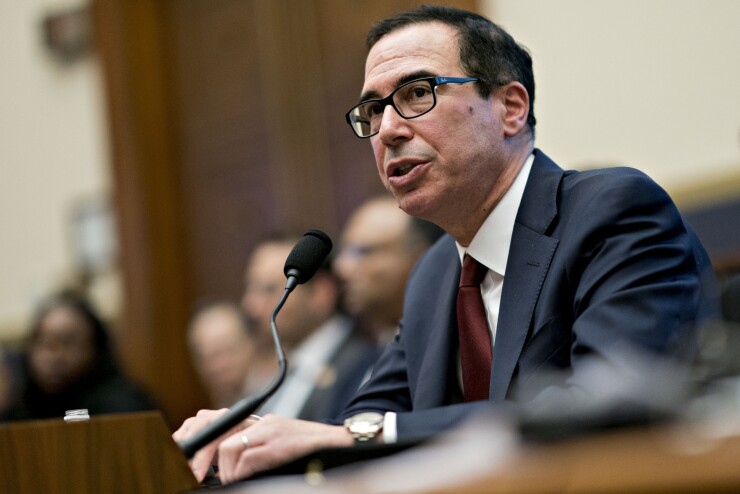The Internal Revenue Service and the Treasury Department released a draft version of a proposed tax form to collect information about qualified opportunity zones.
The
The opportunity zone funds have not generated as much investment money as initially anticipated, despite a great deal of interest and hype. The IRS and the Treasury were also slow in rolling out the regulations and guidance and there are still questions about how the provisions will be applied. The new tax form may help answer some of those questions.

It asks for information about the total qualified opportunity zone property held by the taxpayer on the last day of the first six-month period of the taxpayer’s tax year, and it allows the taxpayer to calculate any tax penalty if the opportunity zone fund has failed to maintain the necessary investment standards. The draft form also asks for line-by-line details about any qualified opportunity zone business property directly owned or leased by a taxpayer and any qualified opportunity zone stock or partnership interests. The form is also designed to collect information on the amount of investment by qualified opportunity funds (QOFs) in business property by census tract.
“This is an important step towards a thorough evaluation of the Opportunity Zone tax incentive,” said Treasury Secretary Steven T. Mnuchin in a statement Thursday. “We want to understand where Opportunity Zone investments are going and strengthening the economy so that investors and communities can learn from the successes of this bipartisan, pro-growth policy.”
The draft form requires QOFs to report the Employer Identification Number of each business in which the QOF has an ownership interest, the census tract location of the tangible property of the business and the value of the QOF’s investment. The form will also require QOFs to report the value and census tract location of qualified business property it owns or leases directly.
The information will enable the Treasury Department monitor the amount of investment received by various tracts over time. By combining this investment information with data on employment and incomes, policymakers and the public will be better able to evaluate the effects of the opportunity zone tax break and to understand why some locations may be more successful than others in enticing investors.
Sen. Ron Wyden, D-Ore., the ranking Democrat on the Senate Finance Committee, said the new requirements were overdue and referred to a recent report that Mnuchin’s friend, billionaire investor Michael Milken, had benefited from the opportunity zones (see




